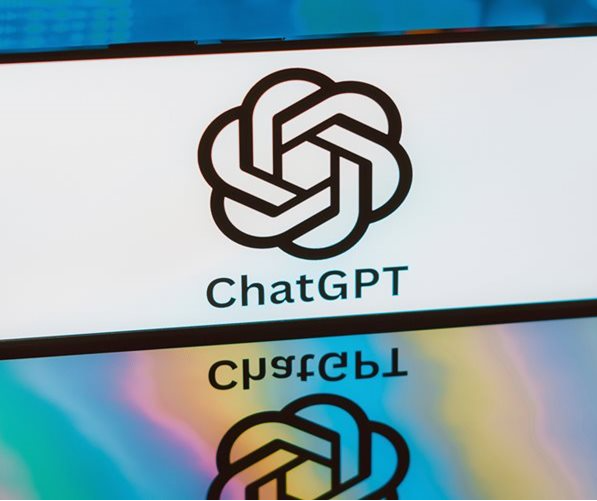
In an effort to discredit The New York Times, OpenAI has requested a federal judge to throw out some of the newspaper’s copyright lawsuit against it. The newspaper allegedly “hacked” ChatGPT and other AI systems to provide false evidence for the case.
The Times prompted the technology to replicate its content, according to a Monday filing made by OpenAI in Manhattan federal court, by using “deceptive prompts that blatantly violate OpenAI’s terms of use.”
“The allegations in the Times’ complaint do not meet its famously rigorous journalistic standards,” claimed OpenAI. “The truth, which will come out in the course of this case, is that the Times paid someone to hack OpenAI’s products.”
Requests for comments on the file were not immediately answered by representatives of OpenAI or The New York Times.
In December, The Times filed a lawsuit against OpenAI and Microsoft, the company’s biggest sponsor, alleging that they had improperly used millions of its stories to train chatbots to answer user queries.
The Times is one of many copyright holders, including associations of writers, visual artists, and music publishers, that have filed lawsuits against tech corporations for allegedly misusing their creations for AI training.
Tech giants claim that the lawsuits endanger the expansion of the potentially multitrillion dollar sector and that their AI algorithms fairly utilize copyrighted information.
According to the complaint, Microsoft and OpenAI are attempting to “free-ride on the Times’ massive investment in its journalism” by developing a newspaper equivalent. It provided other examples of how, when asked, chatbots from OpenAI and Microsoft provided consumers with almost exact quotes from its articles.
The Times required “tens of thousands of attempts to generate the highly anomalous results,” according to OpenAI’s complaint.
“In the ordinary course, one cannot use ChatGPT to serve up Times articles at will,” noted OpenAI.
